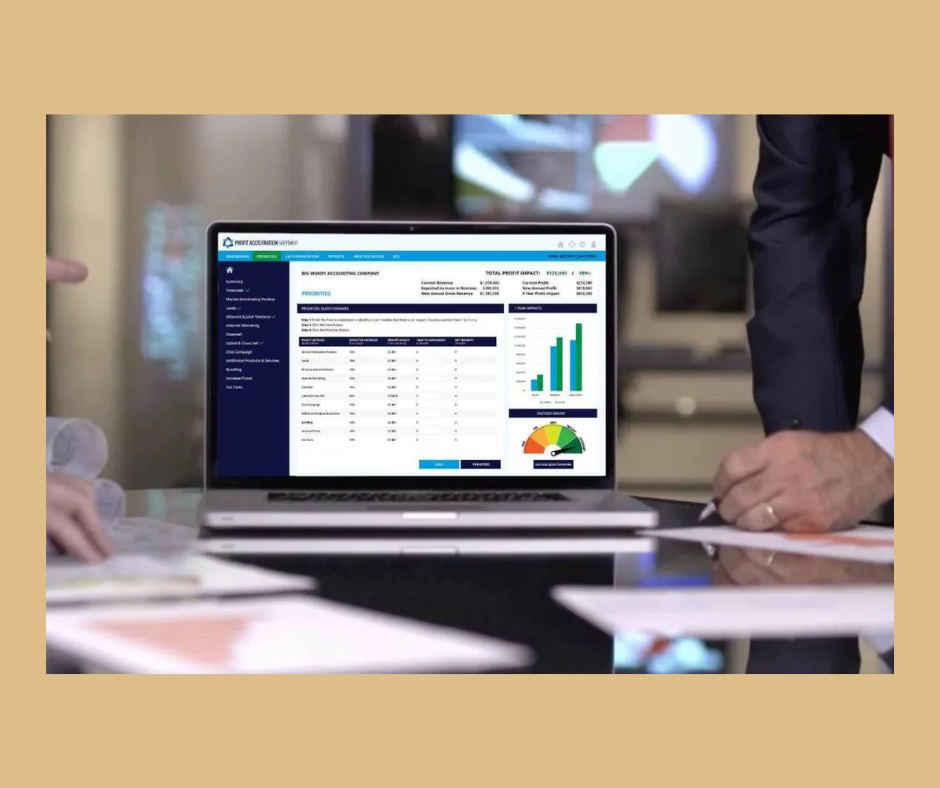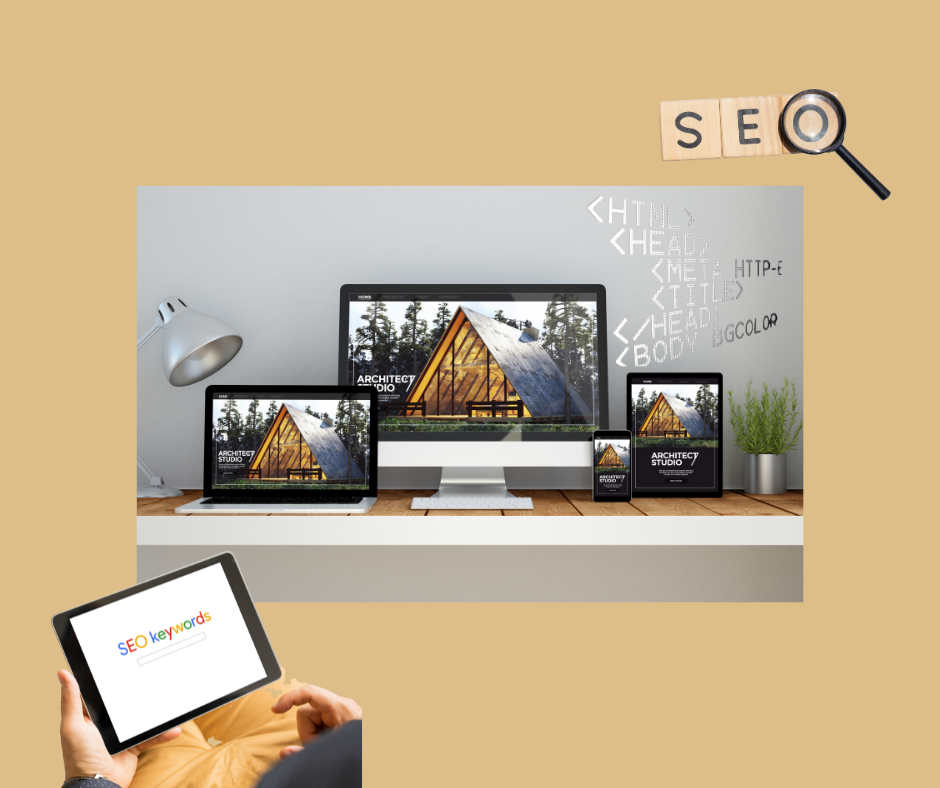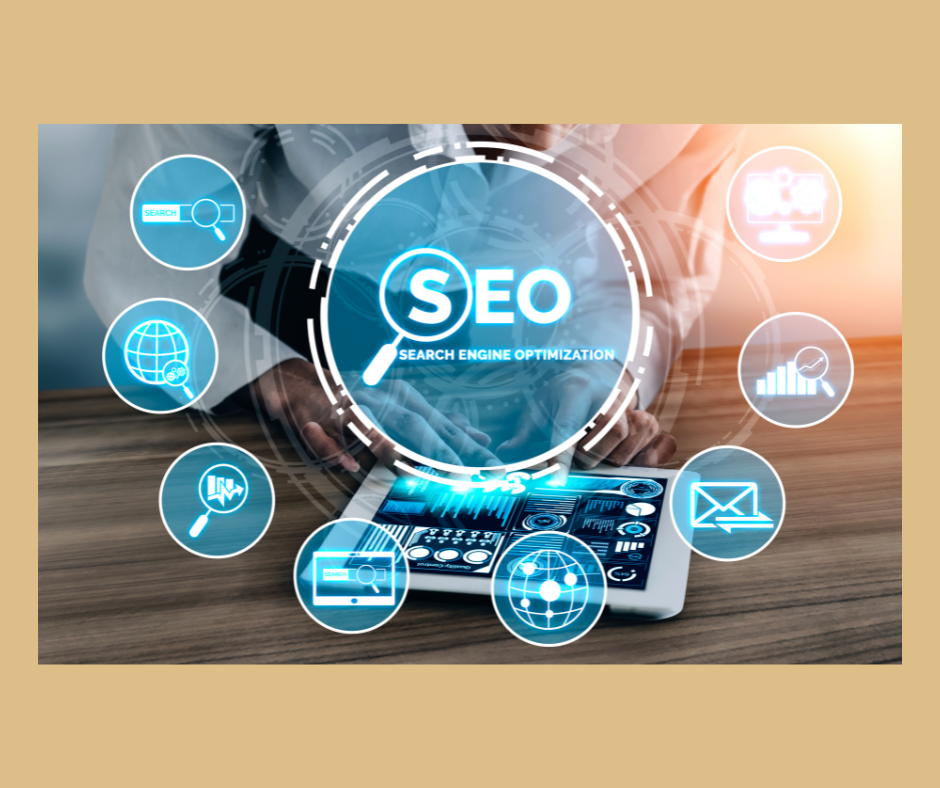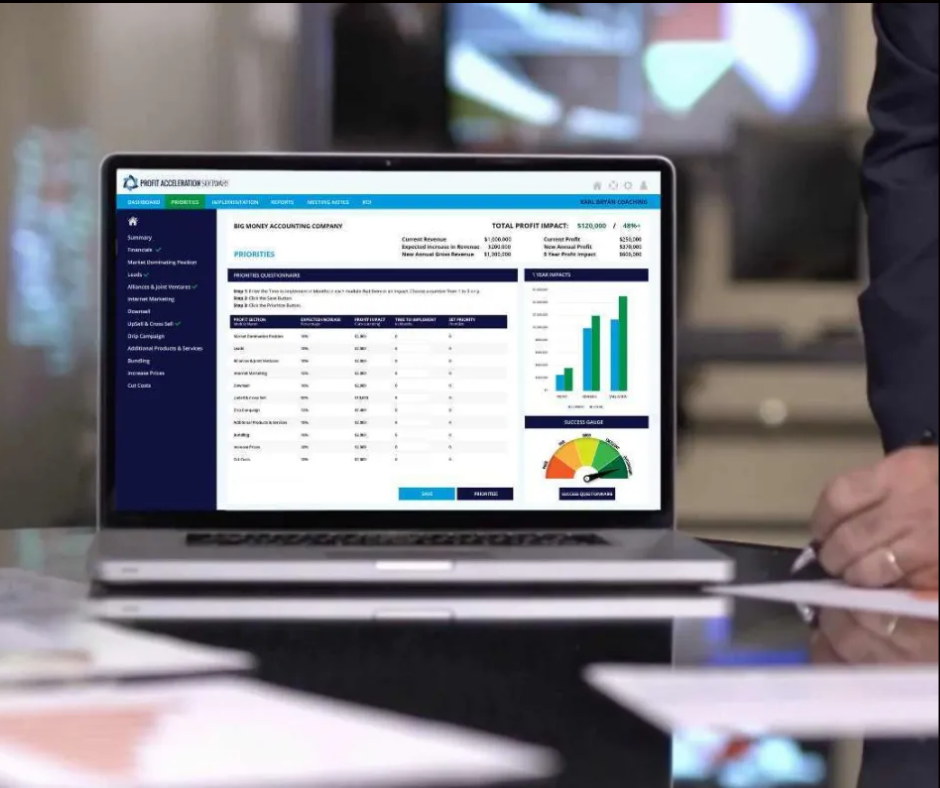
Turn Local Visibility Into Predictable Profit
Helping local contractors and service businesses install lead‑generation and profit‑acceleration systems using high‑converting Squarespace websites, optimized Google Business Profiles, and Focused.com software
No obligation. Built for established service businesses.
Built for contractors and local service businesses Plumbing • Electrical • HVAC • Flooring • Skilled Trades
The Problem:
Most service businesses don’t have a marketing problem. They have a system problem
Your website looks fine but doesn’t turn visits into calls
Your Google Business Profile exists but leads are inconsistent
You don’t know which jobs make money and which drain it
Growth depends on referrals, luck, or price shopping
Without a system, growth stalls or becomes chaotic
The Solvent Profit Acceleration and Growth System
A Simple System Built for local Service Businesses
Local Visibility That Attracts the Right Jobs
We optimize your Google Business Profile to rank, convert, and attract high‑intent local customers.
Conversion‑Focused Website
We build Squarespace websites engineered for one purpose: turning traffic into qualified calls.
Profit Acceleration & Clarity
Behind every system is Focused.com software that shows exactly where money is made, lost, and scaled—so decisions are data‑driven, not emotional.
My role goes beyond advice. I help small owners install, manage, and optimize systems that deliver predictable growth and profitability over the long term
Brett Simon, Owner @ Solvent Business Group
What I do:
Services
Visibility → Conversion → Optimization → Scale
Website Design & Optimization
Conversion-focused websites built to attract the right clients, communicate value clearly, and support long-term business growth.
Google Business Profile Optimization
Get found by local customers actively searching for your services without relying on ads.
Local SEO for Small Businesses
Improve local visibility across Google Search and Maps with a clear, sustainable SEO foundation.
Small Business Growth Consulting
Practical guidance to help business owners improve operations, clarify strategy, and grow with confidence.
Profit Acceleration & Strategic Coaching
Identify hidden revenue opportunities, remove bottlenecks, and improve profitability without increasing complexity.
Who I Work With…
Established small business owners
Service-based and local businesses
Owners who want clarity, not hype
Businesses ready to improve profitability and efficiency
If you’re just getting started, we usually begin with foundational visibility and website work before moving into deeper strategies.
A Practical, Measured Approach
No generic playbooks
Strategy grounded in real constraints
Focus on clarity, execution, and results
Calm, experienced tone
Understand the business first
Identify high-impact opportunities
Prioritize what actually matters
Support implementation when needed
Profit Acceleration
For Businesses Ready to go Deeper
For businesses with a solid foundation, profit acceleration focuses on improving how the business performs as a system. This includes identifying hidden revenue opportunities, removing bottlenecks, and improving profitability without increasing complexity.
About
I work directly with small business owners who want their business to work better but not demand more from them. My background combines website optimization, local visibility, and profit-focused strategy to help owners make clearer decisions and build sustainable growth.
Start With Clarity
If you’re unsure where growth is being held back in your business, the best next step is a simple conversation. No pressure. No pitch. Just clarity.










